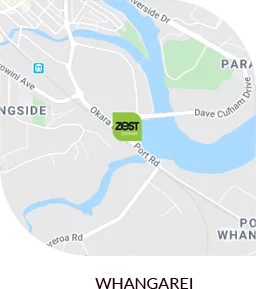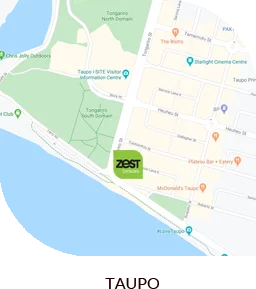
Three key things you should understand before buying
Owning your own home has long been and is still seen as a foundation of success for us Kiwis. This idea is of course flawed (success is measured by whatever you’d like it to be), but there is no denying the pride and joy when you get handed those keys on settlement day.
Preparing to buy is not easy, and unless you’re a nerd for finance like myself it can be downright confusing. Buying a home really boils down to three simple things: your deposit, your income, and your expenses. I hope the below helps you understand how the bank will look at each, explain some jargon, and offer some tips on how to get ready for a strong mortgage application.
Loan to Value Ratios (LVRs) – Try for a 20% deposit
LVR refers to the size of your loan against the value of your property. It is the reverse of the size of your deposit (or equity). A 20% deposit is the golden ticket, and the bank will lend you the other 80%. When you make a purchase, your deposit becomes 20% equity, and you have an 80% LVR.
We call a 20% deposit the golden ticket for good reason. It is possible to buy with a 10% deposit, but it is much harder and there are extra costs. If you’ve saved a 10% deposit, have a chat with your mortgage adviser and see if you’re ready to buy. Also, well done!
But how do you save a 20% deposit when average house prices in NZ are pushing $1million? You may need to lower your expectations and be open to buying away from city centres. You can buy great property for much less than $1million in most parts of the country.
For most buyers, Kiwisaver isn’t enough by itself. Work out what you can afford to live on and tuck any extra earnings away to save up for the house. Just make sure to live and have some fun along the way!
Lastly, it is incredibly tough to buy by yourself. There’s no shame in asking Mum and Dad to help with your deposit, or team up with a friend and pool your resources (I did this myself).
Debt to Income Ratios (DTIs) – How much debt can you afford to repay?
DTI refers to the size of your income against the size of your debt. If your debt is higher than 6 or 7 times your household income (combined income of all borrowers), it is usually a blanket “no” from the bank.
These DTI limits might seem rough, but they are there to protect you and, in our experience, most people can’t actually afford a loan any larger than 5 or 6 times their income. There are lots of other factors that come into play here, so again, have a chat with your adviser to work out how much you can likely afford to borrow.
Making your mortgage repayments every week, fortnight or month is your number one priority once you take out a loan. Default on these (miss a payment), and you risk losing your home.
Income is a bit tougher to increase than your deposit, so what can you do?
Taking on a boarder or flatmate can really help with your mortgage and can be included in your household income for an application. Have a think about any other income you earn (e.g., child support, working for families, or other benefits) that you might be able to include in an application.
Just like asking family to help with the deposit, take no shame in asking your boss for a pay rise! If you’re a good employee and you tell your boss you’re looking for a home, you might be surprised.
Account Conduct (Your spending) – It’s all about budgeting and common sense
Ah, the beloved CCCFA. Where once we could promise the bank that we will pay our mortgage in stead of having a night out, we now need to prove it over three months before they’ll give us a loan (note that there are changes to the CCCFA expected in June).
I mentioned three months, which is how far back the bank will look. So, plan at least three months ahead. Tidy up any debts, cut back on spending where possible, and avoid ‘luxuries’ like uber-eats. Please, please, please, do not take out any new Laybuys or Afterpays.
Make no mistake, the bank will look at your statements and assess your spending habits. Habits is the key word here – we can explain one-off purchases or holidays – it’s regular expenses that will raise eyebrows. I’ve found that nobody (myself included) really knows how much they spend. Have a look at your statements, add up what you’ve spent and see where you think you can cut-back.
Forgive me for each each of the concepts above deserves its own article, but you don’t need to understand the finer details, that’s your mortgage adviser’s job. If you have saved the deposit, have an income that suits the loan you’re looking for, and have good spending habits you should be in a strong position to buy a new home.
Also note that the above is specific to purchasing an existing house to live in. New builds and rental properties are each their own kettle of fish and different guidelines apply.
If you’d like a hand getting started, reach out to your mortgage adviser. Mortgage advice is generally free, and I promise your adviser will enjoy seeing you receive those keys almost as much as you will.
Post by Sam Mather – Zest Brokers Debt Destroyer






















